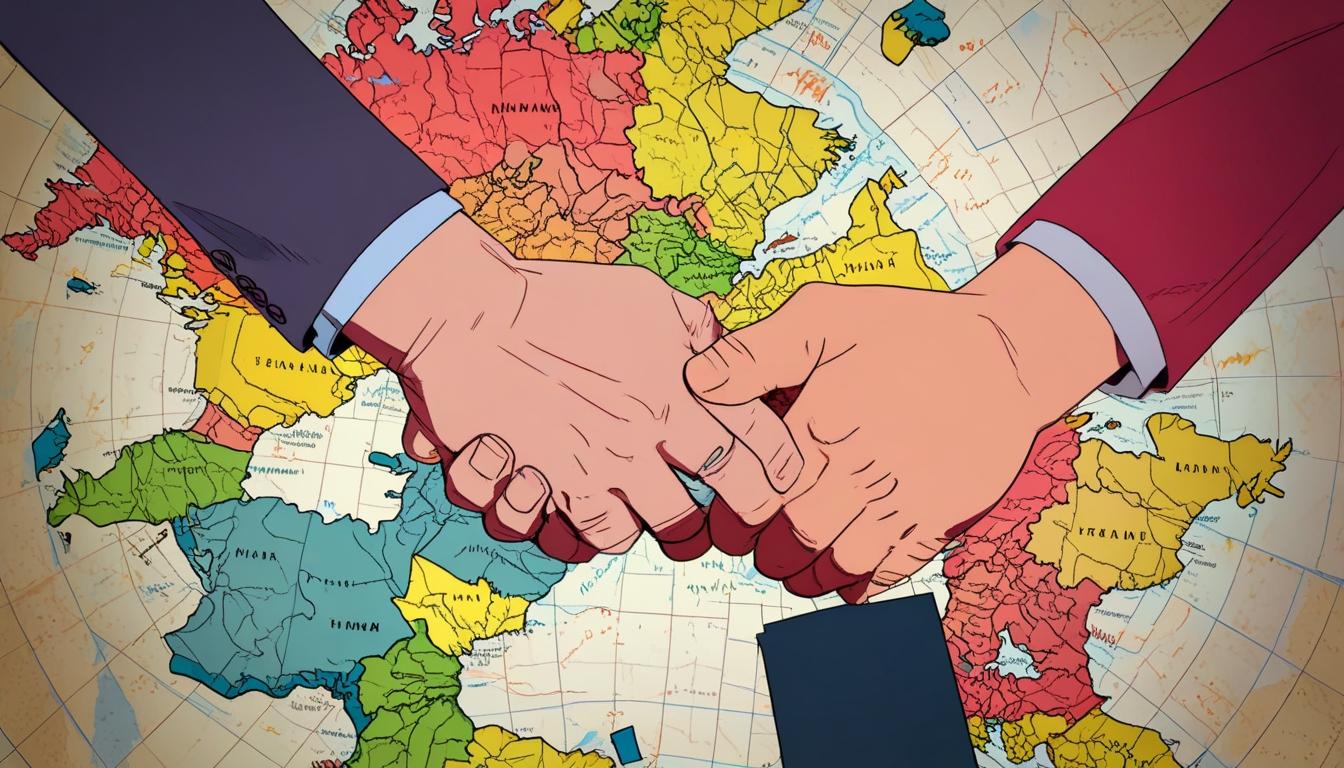Keir Starmer, the UK Prime Minister, is scheduled to meet with US President Donald Trump next week amid escalating tensions surrounding the ongoing war in Ukraine. This visit comes at a time when transatlantic relations are strained due to Trump's remarks about Ukraine's President, Volodymyr Zelenskyy, which have drawn significant backlash from European leaders.
Starmer is slated to arrive in the United States in the coming days, with plans to address the ongoing conflict in Ukraine, a subject currently rife with controversy and disagreement among world leaders. Trump, in recent comments made during an interview with Fox News, claimed that both Starmer and French President Emmanuel Macron had "not done anything" to resolve the conflict. He said, "The war's going on, no meetings with Russia, no nothing," adding that while he considers Macron a friend and finds him personable, overall efforts from Europe appear lacking.
Trump’s criticism, which intensifies a rift between his administration and Zelenskyy, has been followed by an outpouring of condemnation from European leaders. German Chancellor Olaf Scholz labelled Trump’s statements as "wrong and dangerous," while Zelenskyy has accused Trump of residing in a “disinformation bubble.” Tensions have escalated further, with Ukraine expressing concerns over being excluded from recent US negotiations aimed at resolving the conflict.
As the diplomatic landscape grows more complex, Starmer's approach appears cautious. Reports suggest he aims to defuse the situation rather than directly confront Trump about his comments, focusing instead on future strategies to support Ukraine and ensure transatlantic cooperation. One British official noted, “We want to focus on the future rather than relitigating any of the disputes there have been in recent days.”
This visit follows a backdrop wherein not only has Trump publicly derided Zelenskyy, but he has also warned Ukraine against delaying military strategies, stating that "Zelenskyy better move fast or he is not going to have a country left." In contrast, Trump's envoy to Ukraine, retired General Keith Kellogg, has praised Zelenskyy as an “embattled and courageous leader of a nation at war,” suggesting that despite criticisms, there remains some level of respect for Ukraine's position.
Starmer's discussions in Washington will also delve into economic aspects, such as trade relations and the UK's defence commitments. Officials have indicated that the Prime Minister may announce a timeline to raise the defence budget to 2.5% of GDP. While some within the military are pushing for a more aggressive approach regarding defence spending in light of the ongoing situation, Downing Street has cautioned against hastily increasing targets.
The atmosphere surrounding the upcoming meetings is charged, with differing strategies from European leaders. Macron, who will meet Trump ahead of Starmer, has indicated he plans to confront the US President, explicitly stating that Trump should not appear weak in facing Russian President Vladimir Putin. Macron said he would convey this message, stressing its importance for credibility on the global stage, particularly regarding relations with China.
Amidst this diplomatic minefield, Starmer is under pressure from various political factions back home, with some urging him to take a firmer stance related to Trump's comments about Ukraine. Liberal Democrat leader Ed Davey has called for Starmer to speak candidly about the situation, expressing concerns that failing to do so would neglect public sentiment regarding support for Ukraine.
As this pivotal meeting approaches, the future of UK-US relations, and by extension, the dynamics concerning Ukraine, hangs in the balance. The outcomes of these diplomatic engagements will be closely watched as they will likely shape the path forward for international involvement in the ongoing conflict in Ukraine.
Source: Noah Wire Services
